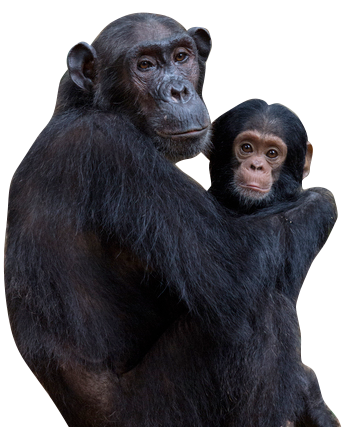Mystery solved: footprints from Site A at Laetoli, Tanzania, are from early humans, not bears
Journal Article, In the News The oldest unequivocal evidence of upright walking in the human lineage are footprints discovered at Laetoli, Tanzania in 1978, by paleontologist Mary Leakey and her team. The bipedal trackways date to 3.7 million years ago. Another set of mysterious footprints was partially excavated at nearby Site A in 1976 but dismissed as possibly being made by a bear. A recent re-excavation of the Site A footprints at Laetoli and a detailed comparative analysis reveal that the footprints were made by an early human





